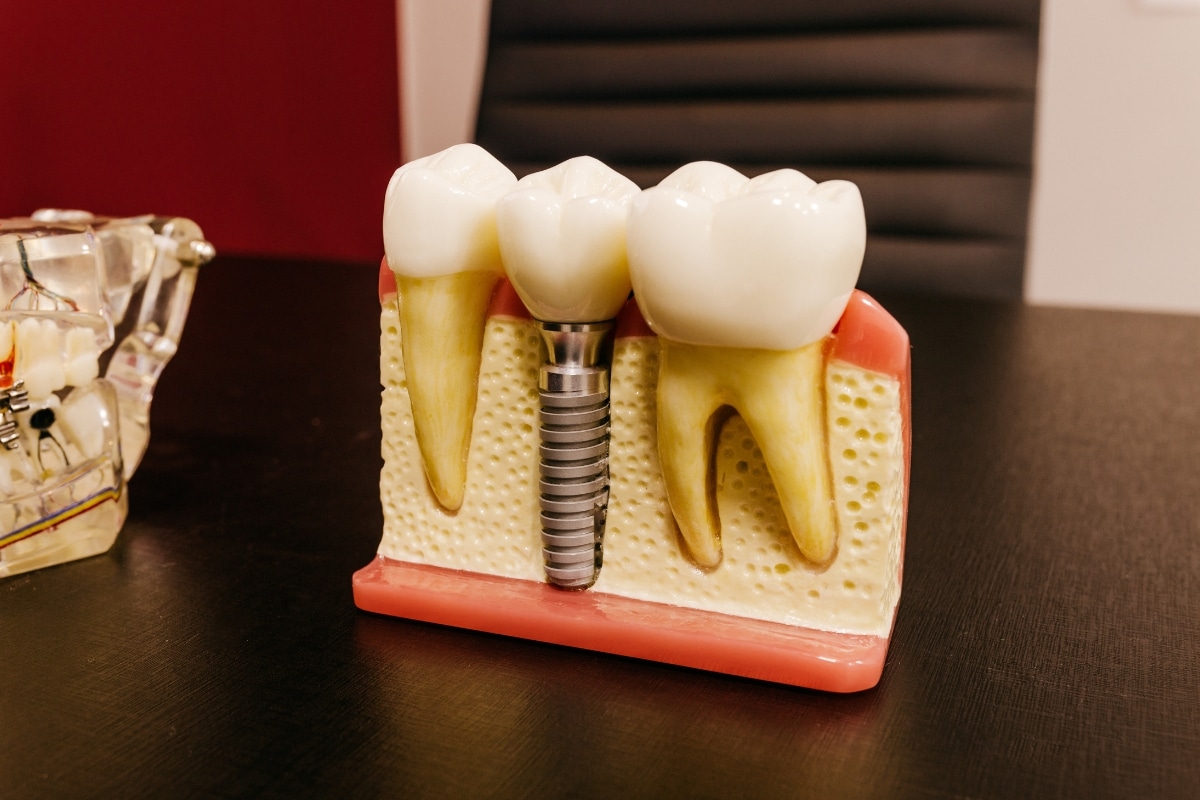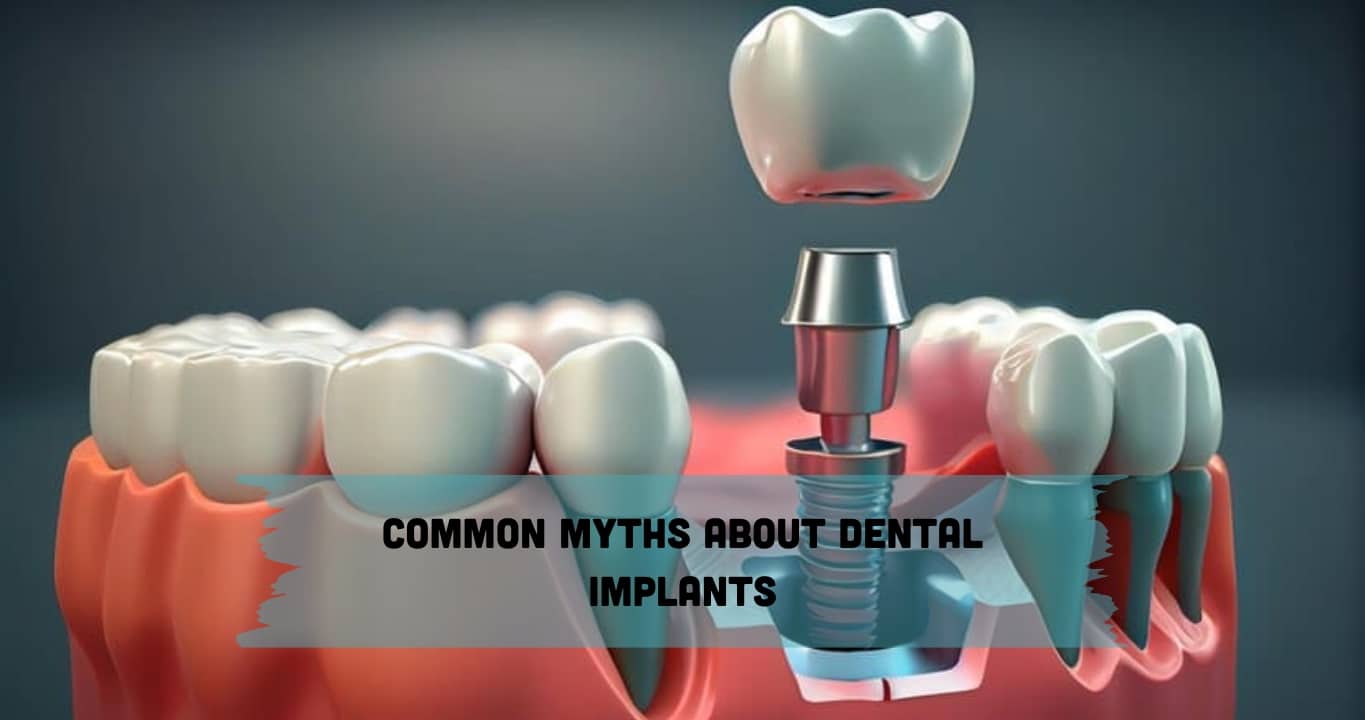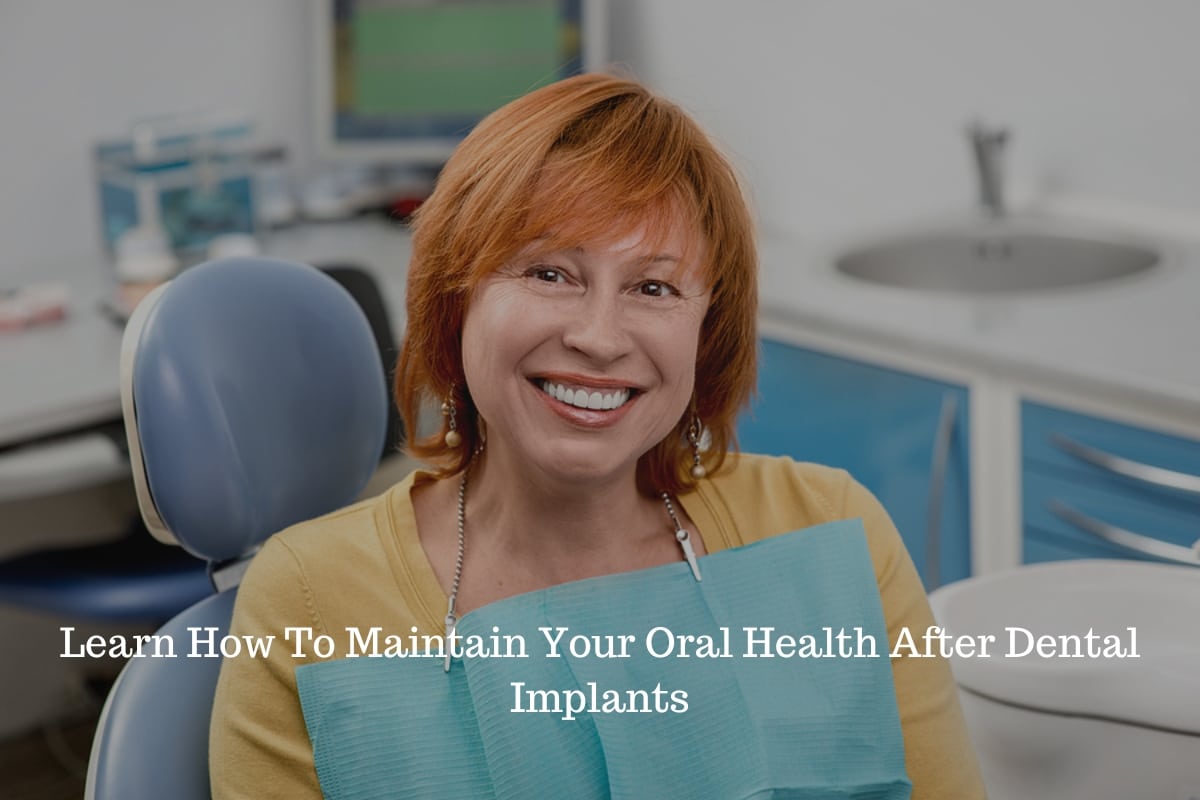
You are making a major financial commitment to your general and oral health when you get dental implants. For those who have chosen a dental implant understanding proper maintenance is crucial to ensuring the longevity and success of the implant. This comprehensive guide will provide you with essential tips and insights on how to care for your dental implants effectively.
The Importance of Dental Implant Maintenance
Maintaining your dental implant involves more than just regular brushing and flossing. While these practices are fundamental, there are specific steps and considerations that can help preserve the integrity of your implant and ensure its long-term success. Proper maintenance not only protects your investment but also supports your overall oral health.
Daily Care for Your Dental Implant
- Brushing and Flossing: Just like natural teeth, dental implants require regular brushing and flossing. Use a soft-bristle toothbrush to clean all surfaces of the implant, paying special attention to the gumline. Floss at least once a day, using a floss threader or water flosser to reach areas around the implant.
- Use Implant-Safe Products: Choose toothpaste and mouthwash that are non-abrasive and free from harsh chemicals. Products specifically designed for dental implants are available and can help maintain the health of your gums and the implant itself.
- Regular Dental Check-Ups: Schedule biannual visits to your dentist for professional cleanings and examinations. Your dentist can detect any potential issues early and provide tailored advice for maintaining your dental implant in Midwest City.
Dietary Considerations
What you eat can significantly impact the longevity of your dental implant. Here are some dietary tips to follow:
- Avoid Hard and Sticky Foods: Foods that are hard or sticky can damage the implant or surrounding gums. Be cautious with items like hard candies, nuts, and chewing gum.
- Balanced Diet: A balanced diet rich in vitamins and minerals supports overall oral health. Calcium and Vitamin D are particularly important for maintaining healthy bones and supporting the structure around your dental implant.
- Hydration: Keeping hydrated is crucial to keeping your gums healthy. Drink plenty of water throughout the day to keep your mouth clean and reduce the risk of infection.
Managing Potential Issues
Despite your best efforts, complications can arise with dental implants. Being aware of potential issues and addressing them promptly can prevent more serious problems.
- Gum Inflammation: If you notice redness, swelling, or bleeding around your dental implant, it could be a sign of peri-implantitis, an infection similar to gum disease. For an assessment and treatment, get in touch with your dentist right away.
- Implant Mobility: A loose implant is a serious issue that requires immediate attention. If your dental implant feels loose or shifts when you bite or chew, schedule an appointment with your dentist as soon as possible.
- Pain or Discomfort: Persistent pain or discomfort around the implant site is not normal and should be addressed by your dentist. It may refer to a hidden problem that requires expert help.
Long-Term Maintenance Tips
For those with a dental implant, long-term maintenance involves a combination of daily care, regular dental visits, and lifestyle choices.
- Consistent Oral Hygiene: Maintain a consistent oral hygiene routine, including brushing, flossing, and using mouthwash daily. This keeps your gums healthy and helps to avoid plaque development.
- Regular Professional Cleanings: Continue to visit your dentist every six months for professional cleanings and check-ups. These appointments are crucial for monitoring the health of your dental implant and surrounding tissues.
- Healthy Lifestyle Choices: Avoid smoking and limit alcohol consumption, as both can negatively impact oral health and the success of your dental implant. Smoking, in particular, has been linked to higher rates of implant failure.
The Role of Your Dentist
Your dentist plays a pivotal role in the maintenance of your dental implant. By following their recommendations and attending regular check-ups, you can ensure that your dental implant remains in optimal condition. Here’s how your dentist can help:
- Professional Cleanings: Dentists use specialized tools to clean areas around the implant that are difficult to reach with regular brushing and flossing. This reduces the risk of gum disease and plaque buildup.
- Monitoring and Adjustments: Regular check-ups allow your dentist to monitor the health of your implant and make any necessary adjustments. They can identify early signs of potential issues and provide timely treatment.
- Patient Education: Your dentist can offer personalized advice on maintaining your dental implant, including recommendations for oral hygiene products and techniques.
Investing in a dental implant in Midwest City is a decision that can significantly enhance your quality of life. By following these maintenance tips and working closely with your dentist, you can protect your investment and enjoy a healthy, beautiful smile for years to come. Remember, the key to long-lasting dental implants is consistent care and regular professional oversight. Don’t hesitate to reach out to your dentist with any questions or concerns about your dental implant maintenance.




